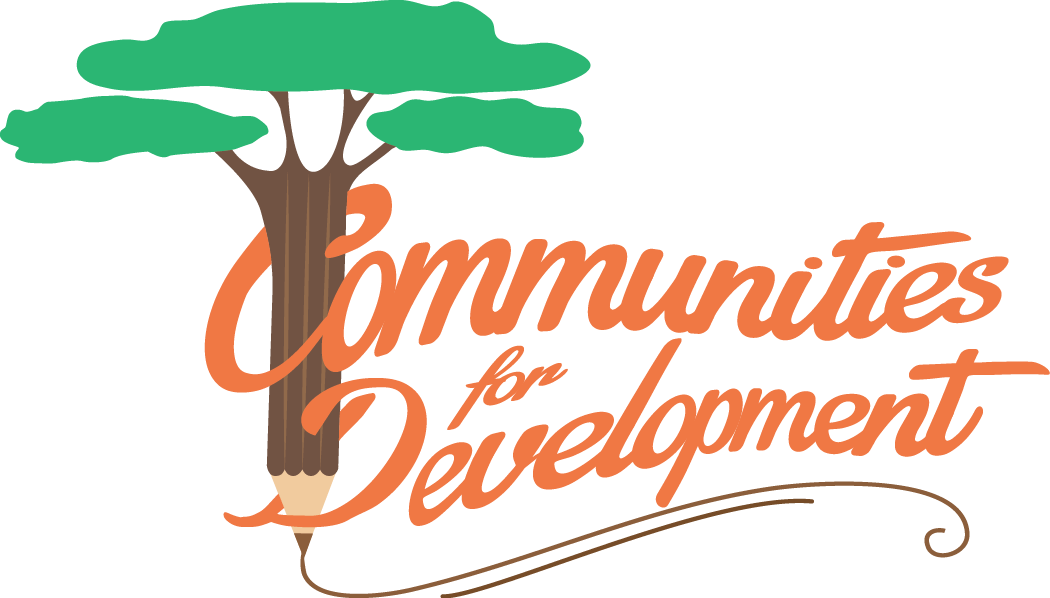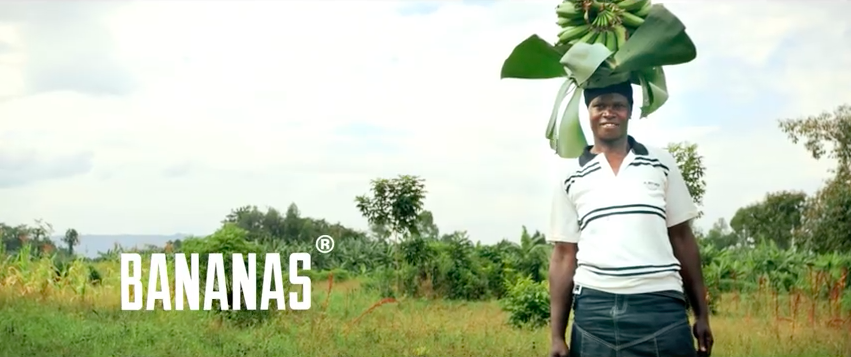Elon Musk, Mark Zuckerberg, Bill Gates – just some of the household names now synonymous with the term ‘entrepreneur’. But despite the strong association with the Silicon Valleys of this world, entrepreneurship is in no way innately tied to the tech industry, Western startups or Billionaireship.
Rather entrepreneurship can be understood simply as the process of “recognizing and exploiting productive ventures to make a profit and satisfy societal needs” whether on a large, medium or micro basis.
Micro-enterprises may not make millions but even the smallest of ventures has the potential to transform a community through driving economic growth where it is stagnant, creating jobs where there are none, and generating household incomes and life-changing innovations where subsistence has prevailed.
Crucially entrepreneurship can unlock economic participation for those who face the biggest barriers – particularly women, youths and those in remote, rural locations.
To-date, however, entrepreneurship has not always been sufficiently promoted in developing countries or development strategies. Despite leaps forward in financial technologies, rights to education and a greater recognition of providing sustainable paths to development as held in the SDGs, barriers such as lack of infrastructure, access to financial services and gaining the necessary skills persist for many potential entrepreneurs.
Subsequently, in many places, particularly across Africa, huge untapped opportunities for new small business owners abound.
So how can we unleash this latent power for small-scale economic growth?
A simple and effective way to overcome such barriers can be the provision of financial tools and basic business training at a grassroots level. By going where others don’t, you can empower even the most remote communities to leverage their skills and savings and develop independently and autonomously – long after the well-meaning well-diggers have gone home.
Community-led training and collective enterprises have a further positive impact on the social development of communities, particularly women’s empowerment, and future economic opportunities for youths out of education, creating a virtuous cycle for development.
“I’m inspired by the young #African #entrepreneurs driving #startup booms in the Silicon Savannahs” @BillGates https://t.co/MONw5hrKii
— C4D (@CommunitiesForD) July 19, 2016
NGO Communities for Development works to employ such models for development in rural communities in Uganda through setting up saving groups, fostering business creation as well as supporting social projects.
Our approach focuses on the now well-tried-and-tested Village Savings and Loan Association method, capacity building through business training, and cash injections and support to help members use their savings to start businesses. Further coaching in accounting, conflict resolution and budgeting also ensure members have the skills they need to grow and strengthen their businesses. With our help, 240 entrepreneurs are saving money each week, receiving training, and developing business ideas, 80% of them women. 60 of these are already starting businesses and earning their own income.
In our latest campaign video to raise funds for these projects, our Ugandan entrepreneurs parody the style of the Western startups found on crowdfunding platforms, to paint initiatives such as growing tomatoes or rearing chickens as no less entrepreneurial than smartwatches and virtual reality kits – different products, different place, same need for support.
“In the same way the tech entrepreneurs of Silicon Valley believe their smartwatches and virtual reality headsets can save the world, so C4D believes supporting the small-scale innovations of Bulambuli can change their world.” Pilar Tejon, Co-Founder of Communities for Development.
Through this campaign we hope to both generate the funding our entrepreneurs need to kick-start their projects and also change the way people view providing support for disadvantaged communities such as theirs.
For more information or to back our campaign, please follow this link.
By Sarah Bradbury, C4D Campaigns. First published on London International Development Centre blog on 1st August 2016.
Spread the word!



